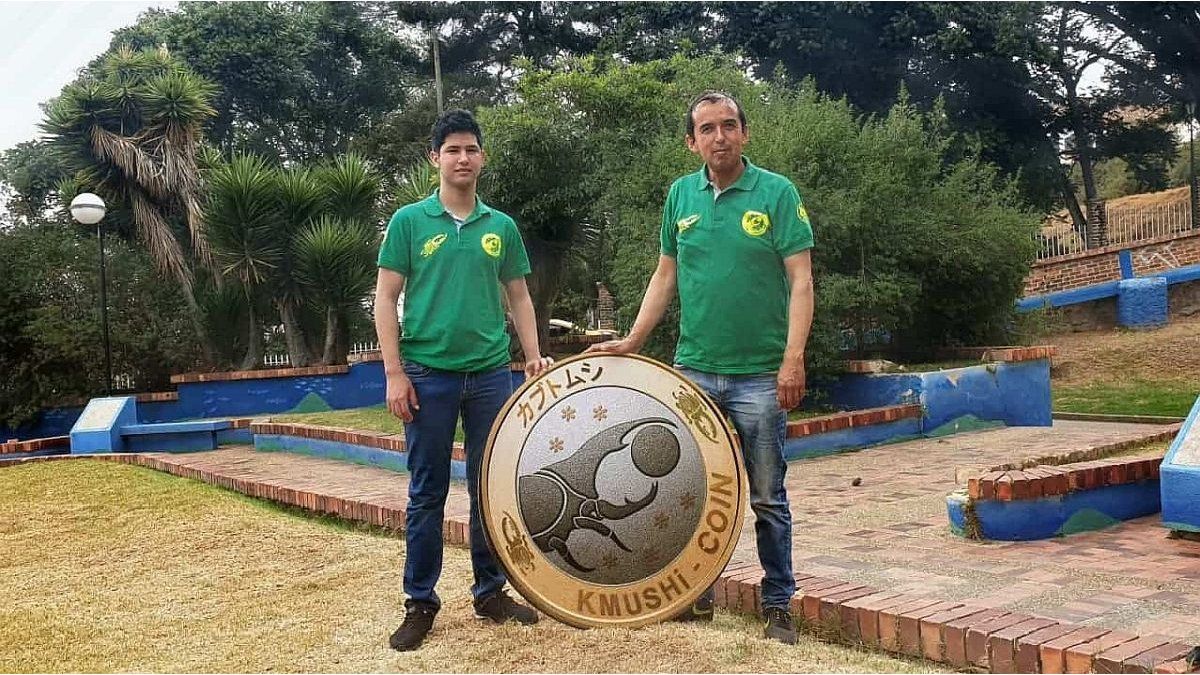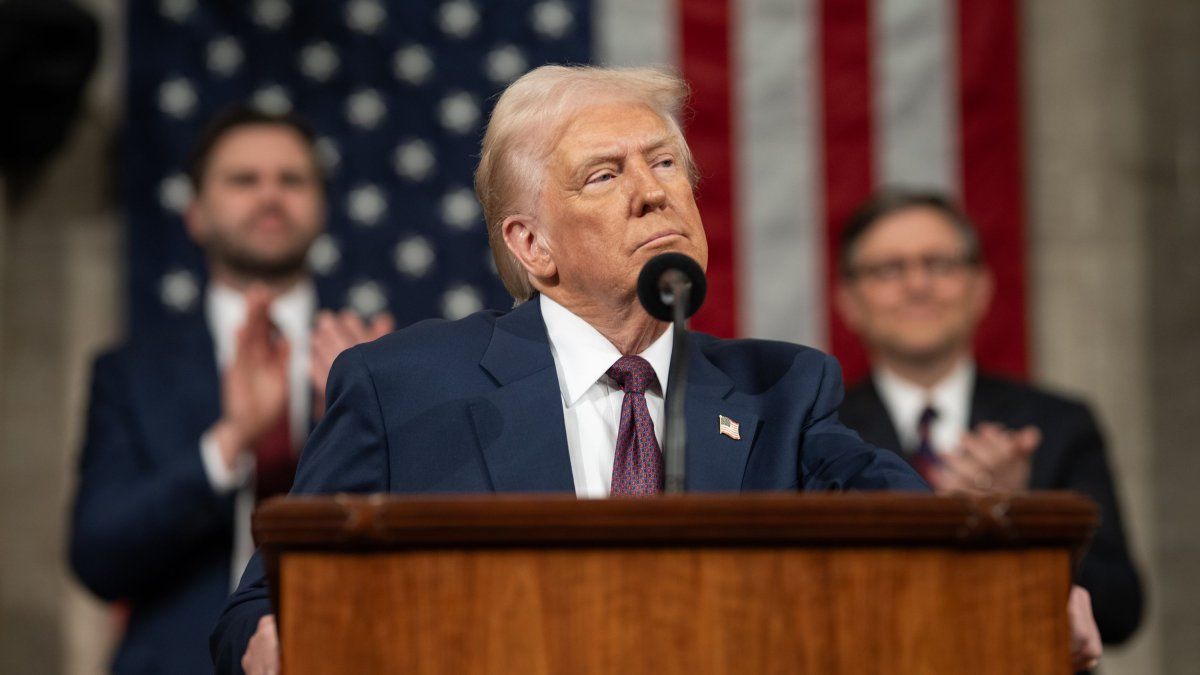In a place on the high plateau of Colombia, a unique environmental initiative that mixes garbage, larvae, cryptocurrencies and beetles exported as pets to Japan.
Germán Viasus, an environmental and sanitary engineer, found a solution to the poor treatment of solid waste in the department of Boyacá (center), which he hopes will become an example for a world besieged by pollution.
The beetle larvae feed for 16 hours a day on the organic waste of thousands of inhabitants of the region. During their first four months of life, the engineer pours tons of eggshells and leftovers of rotting fruit and vegetables on top of them.
The white, plump larvae, up to 17 centimetres long, feast on the rubbish. The 53-year-old then sells their faeces as natural fertiliser to farmers in the region, hoping to get them to abandon chemical fertilisers.
“Beetles have the answer” to waste management, Viasus told AFP in Tunja, the capital of Boyacá and the headquarters of his business.
Official sources estimate that at least 32,000 tons of waste are produced in Colombia every day, half of which is organic. The UN estimates that the figure is 11.2 billion tons worldwide each year.
Viasus’ dream contributes to the environment in his hometown and has already transcended outside of Colombia: After completing their work among the garbage, the beetles travel to countries like Japan thanks to the trade they created with their own cryptocurrency.
In Tunja, a single landfill receives garbage from 130 municipalities in the country. In recent years, there have been clashes between residents of nearby areas and the company in charge of collection due to alleged poor waste management.
There, excavators bury all the leftovers, which could pose a health risk.
“If we do not take prompt action within each municipality, we will not be able to continue taking (waste) to the landfill when it reaches the end of its useful life,” says Soraida Ruiz, Secretary of Environment of Boyacá.
Viasus has come up with an alternative with its precious beetles. Every week it receives 15 tons of waste by truck from the neighbouring municipalities of Soracá, Jenesano, Arcabuco and Samacá, which have a total of 40,000 inhabitants.
The employees pile the waste into small mounds, while the larvae feed underneath, just as they do in nature. The bad smell disappears when everything is covered with the same compost.
Many others swim in tanks filled with leachate, which is formed by the decomposition of products. Without proper management, these fluids can be lethal to ecosystems.
“We must preserve beetles because they are responsible for degrading all the organic waste produced by humanity,” he says.
Viasus came across beetles by chance in 2000. He had failed at a similar project with earthworms, but found the larvae in a pile of rubbish. The beetles he has today are their descendants.
They are of the Dynastes Hercules species, characterized by a brown tone on the abdomen; Dynastes neptunus, slightly larger, and Megasoma Elephants, with a prominent horn. All are native to tropical ecosystems in Central and South America.
After at least four months of work as larvae, they continue their metamorphosis, acquire their shell and die regularly after nine months.
Before that happens, Viasus legally sells some of them in countries such as Germany, Canada, France, the United States and especially Japan, where they are considered pets for children.
They also have a market in Colombia, as some people consider them good luck charms.
To avoid high bank commissions for payments from abroad – in yen, euros and dollars – Viasus and the young Carmelo Campos created a cryptocurrency called Kmushicoin, a combination of “kabutomushi”, horned beetle, in Japanese, and bitcoin.
The idea was to “avoid that bureaucracy, those high commissions (…) that’s why Kmushicoin was created to make it much more instantaneous and direct,” says Campos, who began creating digital currency in 2019 at the age of 15.
In cities like Tunja, Bogotá and Medellín, a handful of commercial establishments already accept cryptocurrency.
“The world is so polluted that we are suffocating from this garbage,” says Jefferson Bastidas, an electronics seller who joined the initiative with two goals: to help the environment and to put his business at the “forefront of technology.”
Source: Ambito
I am a 24-year-old writer and journalist who has been working in the news industry for the past two years. I write primarily about market news, so if you’re looking for insights into what’s going on in the stock market or economic indicators, you’ve come to the right place. I also dabble in writing articles on lifestyle trends and pop culture news.




